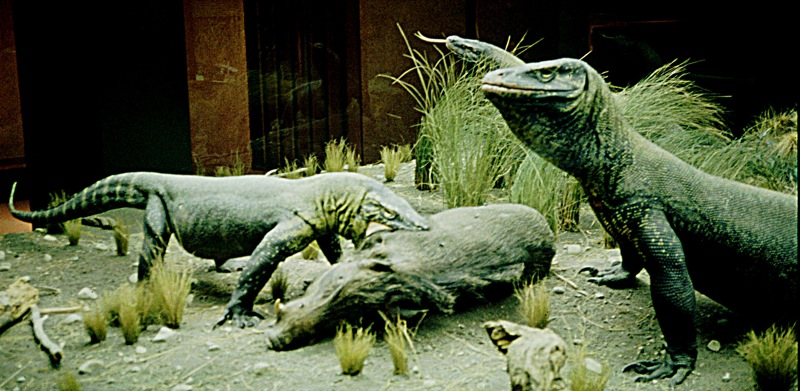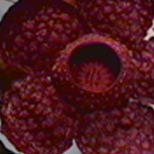
komodo ago-go
Better late than never. This was supposed to be a Christmas posting. It’s been a long time, but I’m back for a moment from the murk.
Since November, this land of ferns and frogs has been beaten down by an endless conveyor belt of raging Pacific storms, keeping electricity and my attention span in rather short supply. When the wind stops howling, the sky hangs over the dripping forest like a grey flannel quilt and sunlight, on the rare occasions that it appears, comes as a shock, like a shard of glass on a dark sidewalk.
But another year has ended and another begun, so some stock-taking is in order and I will try to play a bit of catch-up for my readers in the next couple of postings.
Ruth and I spent the holiday worshipping paper and started to build what will become a bestiary of Japanese papercraft insects There are is a seemingly endless selection of PDF’s available online, enabling you to build anything from a laptop, to a yellow-footed tortoise to fully functioning cog and gear machines and even a V-8 engine. To get us in the mood, we sat down to a multi-day, marathon session of Read or Die-The T.V. that depicts the animated girl-on-girl exploits of a gang of paper masters who use their talents for superhero origami in a battle for global supremacy between a metastasized, technified incarnation of the British Library and a shadowy Chinese publishing conglomerate known as Dokusensha.
Despite my new found appreciation for the spirituality of paper, I haven’t given up on virgin birth or anything. I was delighted by the sensational pre Christmas announcement of parthenogenesis in a Komodo dragon, the largest lizard on earth. The dragoness, named Flora, had been hovering over her self-fertilized eggs since the end of May, at England’s Chester Zoo, and indications were that hatching was imminent. (I am still waiting for an update) Interestingly, due to the arcane Komodo dragon genetics, Flora’s offspring will all be male. Apparently, parthenogenesis is a survival strategy that allowed single female dragons to colonize remote Indonesian islands, where they eventually mated with their parthenogenic sons to further increase the population. The next generation, conceived sexually, would have the usual proportion of daughters, who, if they decided to swim over to the next uncolonized island could then repeat the process. With a trick like that it’s amazing the Komodo dragons haven’t taken over the entire South Pacific. Sadly, they have become quite rare.
Oedipal proclivities notwithstanding, Komodo Dragons are truly worthy of worship— great awe inspiring mounds of amygdala driven reptile flesh, who can take down a pig, a goat or even a human if they want to. Their powerful jaws are lined with backward pointing, serrated teeth, which infect the bites they inflict with a cocktail of lethal bacteria. If the prey isn’t brought down in the initial attack, the dragon continues to stalk it, biding its time until the victim drops dead of septicaemia. Perhaps there is already a cult forming to worship Flora— Virgin Queen of the Lizards. Sign me up!
In the deserts of the American southwest and northern Mexico, Flora has a little cousin, the Desert Whiptail Lizard which has a different approach to parthenogenesis. The whiptail has done away with males altogether, existing as an entirely unisexual population; mothers only giving birth to daughters. Yet there still is a lot of sex going on, or a what the biologists term pseudo sex. The whiptails alternate between male and female sex roles every 10-14 days The lizard temporarily adopting the male role, stimulates ovulation in its partner in an amorous embrace known as “the donut position.” With both parters capable of reproducing, whiptails seem to have a strategy for survival that almost unique among the vertebrates. I guess they haven’t got the word out yet to too many other species. If it catches on, males could be rendered (gulp) obsolete or perhaps relegated entirely to the function of entertainment. . . . .


